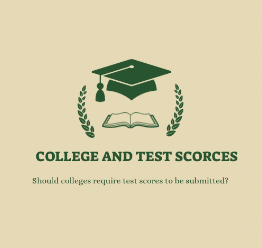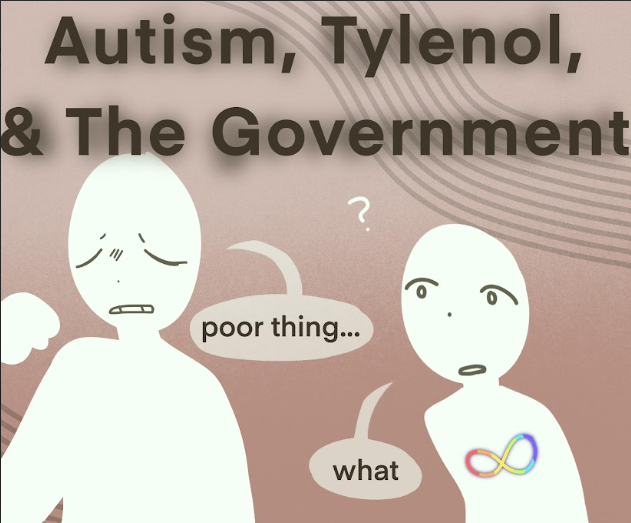
In high school, the biggest thing that teachers, administrators, and parents push is the importance of grades and test scores. As a junior this year, the ACT (a standardized test for college admissions in the United States) has been taunting me in my dreams. At this point in my high school career, I already have my dream schools picked out, and obsessing and double-checking the admission rates of said colleges hasn’t helped ease any anxiety that has settled in my chest.
But sometimes I can’t help but wonder … does a one-time test determine how well I am prepared for college?
Recently, Dartmouth has announced that it will once again require freshman applicants to submit standardized test scores beginning with the next application cycle in 2029. This goes against the decision that was made in 2020 due to the global pandemic which made testing optional.
The college claims that test scores could help less advantaged students, including first-generation students and students with low-income families, gain access to the school. “We find ourselves missing out on some great students,” said Bruce Sacerdote, a Dartmouth economics professor and co-author of that study.
A study conducted by the American Educational Research Association showed that students with a GPA under 1.5 had a 20% chance of graduating college and those odds increased up to 80% for those with a GPA of 3.75 or higher, once student backgrounds and college characteristics were taken into account.
In contrast, there was no correlation between ACT scores and graduation rates, and graduation rates varied widely between high schools. At higher levels of achievement, there was even a negative relationship between ACT scores and college graduation. The researchers suggest this could indicate that ACT scores were being used to make decisions about whether students were ready for more rigorous programs. However, they conceded that further study was needed on this point.
Senior Juan Arelis at las Vegas Academy, thinks that the ACT is an unreliable measure of a student’s success. “Some people are smart or they have potential, but depending on their situation in life, they may be able to show that in school,” he said. Arelis believes that colleges should find a balance between the weight that schools put on scores and GPA: too much leniency isn’t ideal but there should also be grace and understanding that all students are not the same.
Physics and chemistry teacher Ms. Ust agrees. “Students can find the answers in a lot of ways. They find ways to cheat, they find ways to get help, and it’s not necessarily them. That doesn’t reflect their academic ability because although they might be a smart kid, they might not have time or they might not be interested in something. So if you’re not passionate about it, it might not be portrayed in that GPA,” said Ust.
In 2024, we must shift away from standardized tests. These tests adhere to a one-size-fits-all approach, which doesn’t equally cater to the different needs and strengths of students. While some schools have adopted a “test-optional” policy, it’s not a complete solution either. Can these schools truly claim to offer all students an equal chance?
While the ACT has traditionally served as a vital tool for college-bound students, the incoming generation, whose education has been disrupted by the global pandemic, is on a journey for higher education in the middle of a quickly evolving terrain of college requirements.






















